2022 Appathon for Good Inspires New Technologies
Oct 11, 2022 robert's Blog
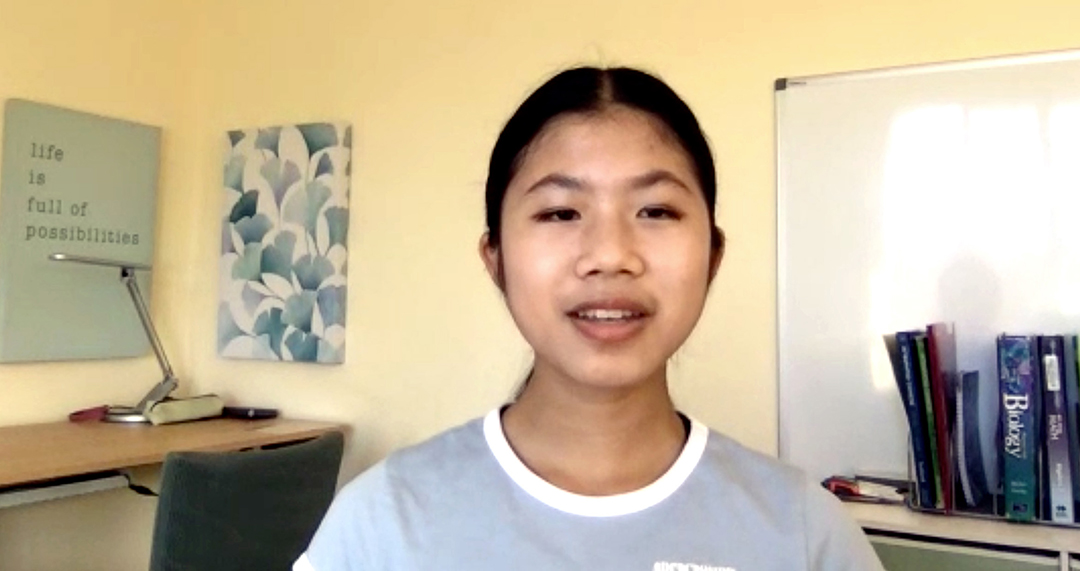
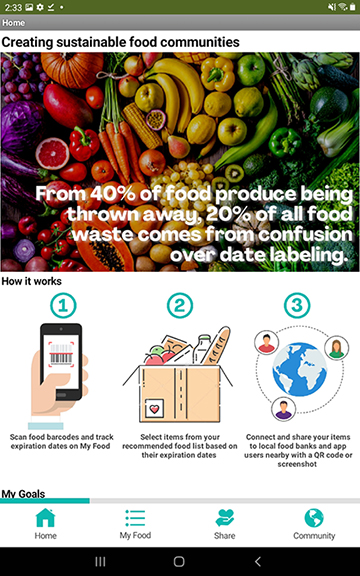
Old yogurt going bad at the back of the fridge? Crackers going stale in the pantry? Tidy up your kitchen by downloading the prizewinning app of Cindy Xiao, a 14-year-old Californian who found a way to keep people’s kitchens looking — and smelling — fresh while helping those in need. Xiao’s real, working phone app lets you scan barcodes at home and automatically generate an inventory of foods ranked by expiration date. From there, you better hurry up and eat it or use the app to donate the still-fresh goods to a local food bank.
An international panel of 98 educators and computer science experts judged Xiao’s app, dubbed Still Fresh, as winner of the Individual Youth category of the 2022 App Inventor Appathon for Good. In this summer’s two-week coding sprint, she joined 1,181 coders from ages 5 - 76 and 77 countries who began brainstorming topics such as “quality education” and “sustainable cities.” Final app submissions varied widely in the ingenious ways they solved real-world problems — from accessing public databases in real time to using artificial intelligence to count items captured by a camera phone.
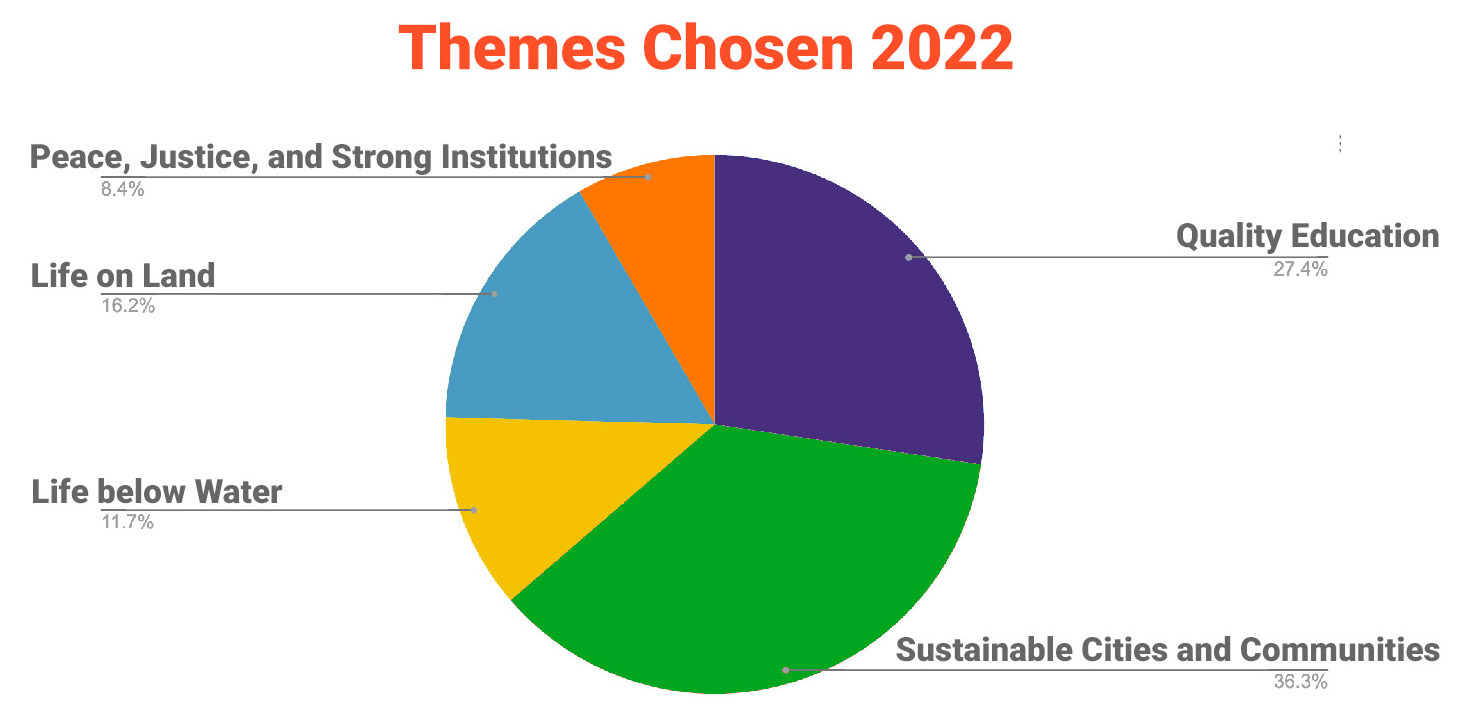
Recycle Bottles Using Artificial Intelligence
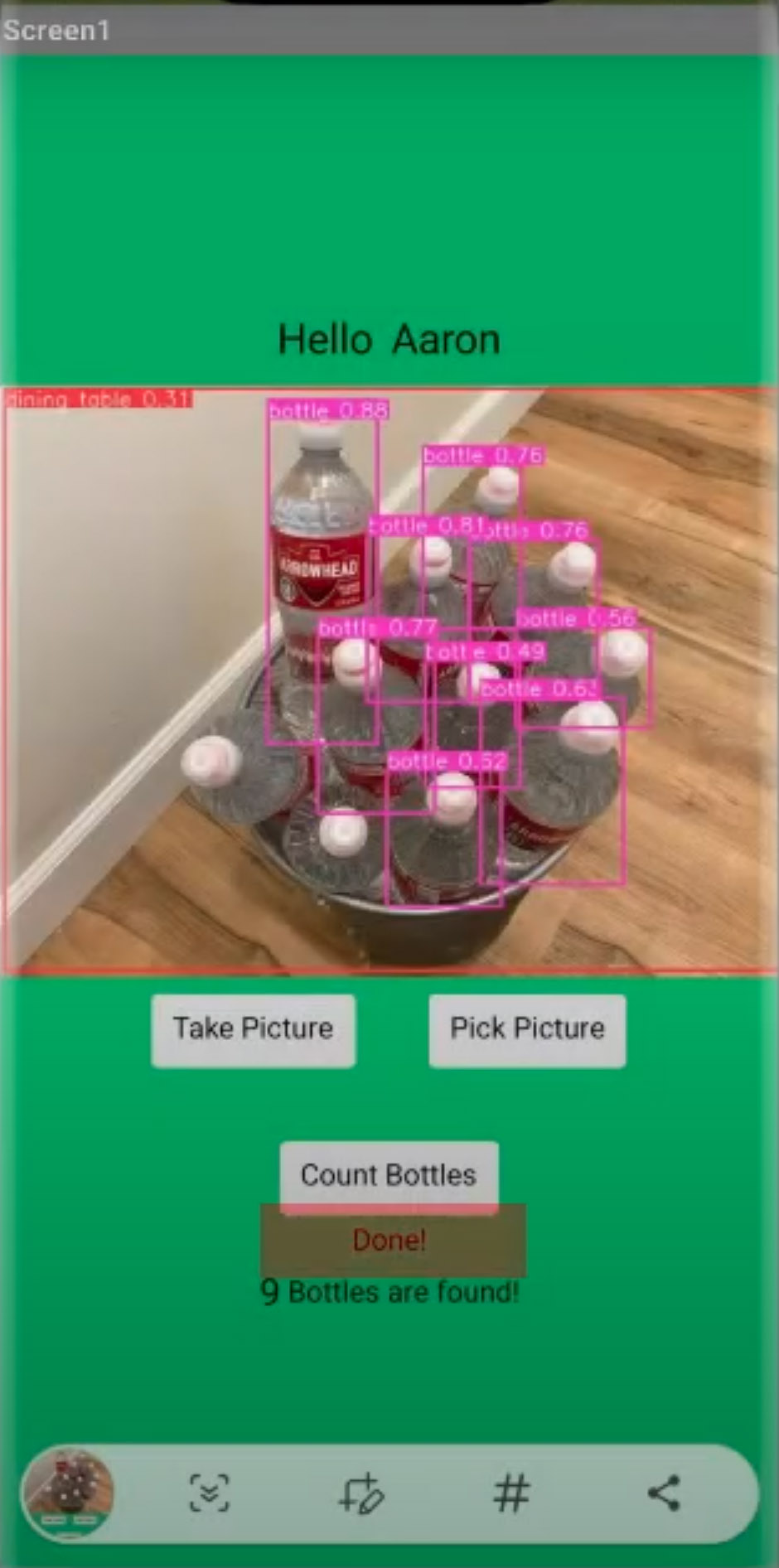
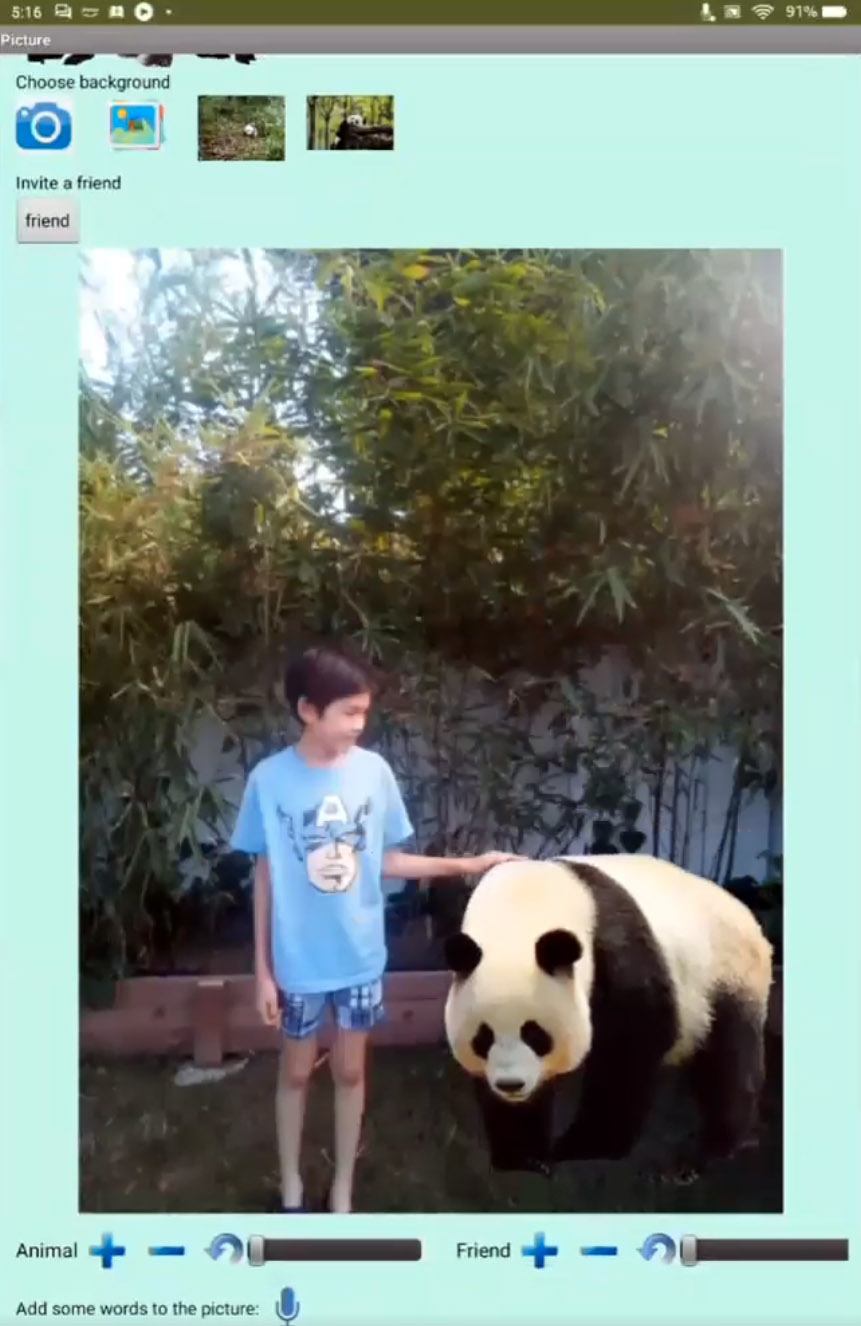
Recycling is also the topic of the Mixed Team winning app, Waste and Energy, by two Korean girls living and going to school in Chennai, India. Daeun Jung, 18, and Jaeyoon Kim, 17, built a technology that guides phone users to the geolocation of the nearest recycling center wherever they are.
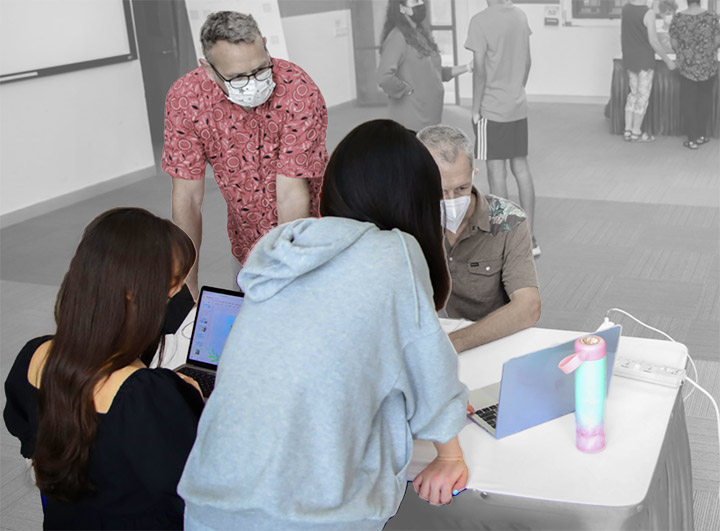
Park Your Car with the Internet of Things
Some apps solved problems by connecting a user’s phone with a piece of hardware using the idea of the “Internet of Things” (IoT). Individual Adult winner, Zeiad Abdelhamid, 22, discovered an interesting problem to solve while strolling around his home city of Kuala Lumpur, Malaysia. “Here in KL, there are huge traffic jams and no place to park,” says the young engineer, who goes by “Ziad.” 
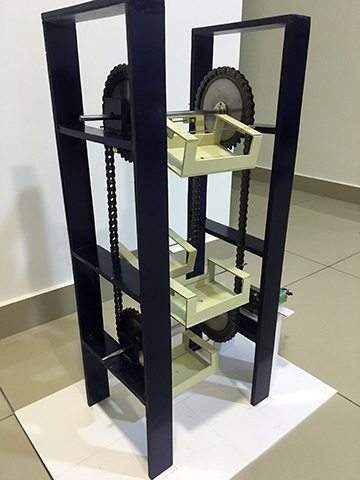
The MIT App Inventor Appathon for Good is now in its third year as a virtual competition (early Appathons took place on the MIT campus). To get involved in next year’s event, check for registration in early June 2023. App Inventor also holds similar competitions throughout the year with its App of the Month contest.
“We have been so inspired by the entries that came in this year,” says Hal Abelson, an MIT professor who leads the App Inventor team. “It shows us that students, and people of all ages, are finding new ways to use the platform to make a real impact for themselves, their families, and their communities.”







